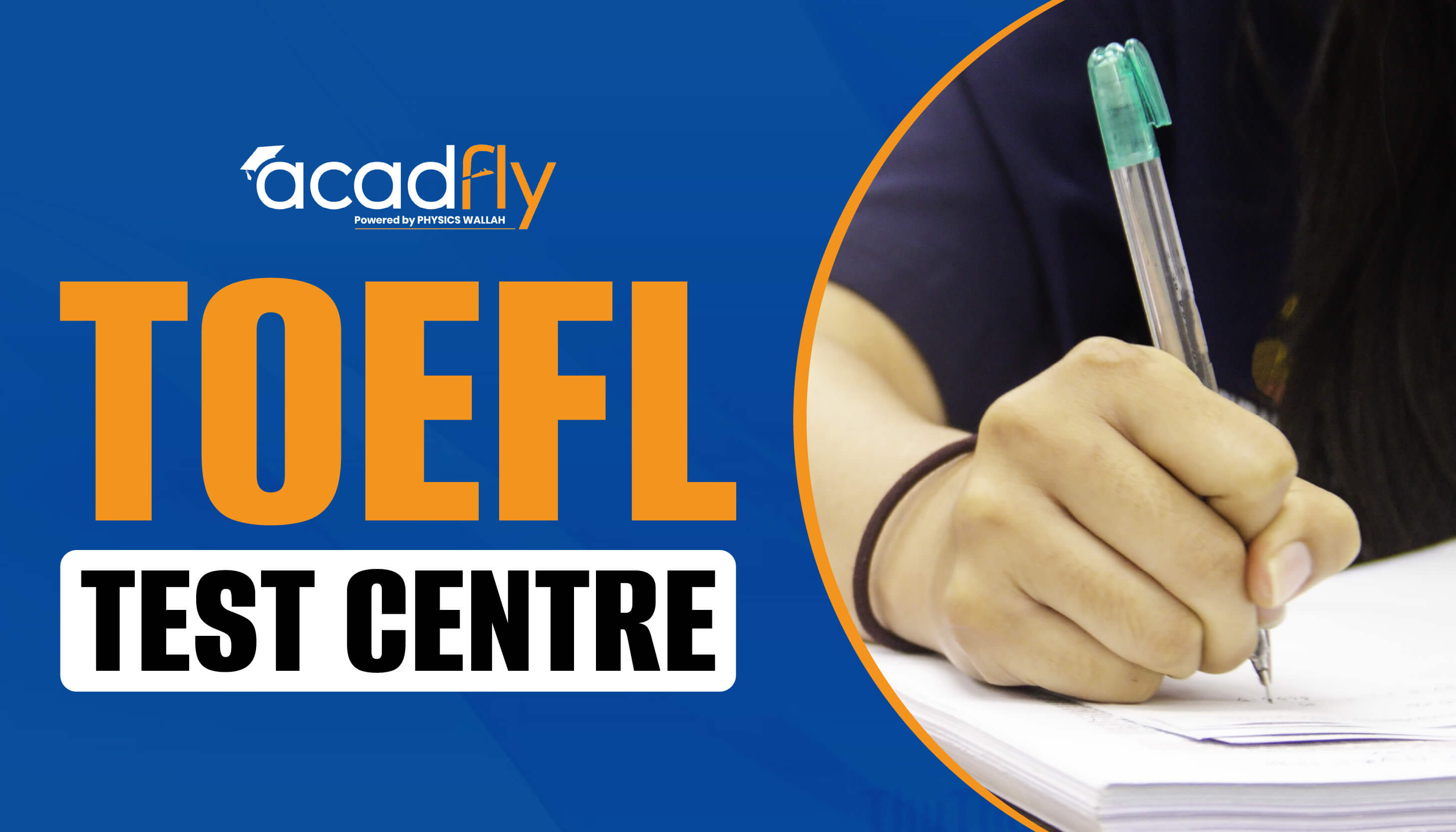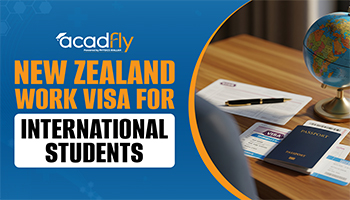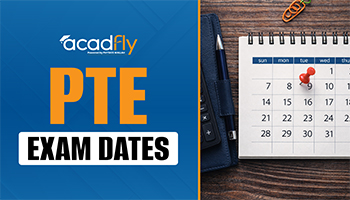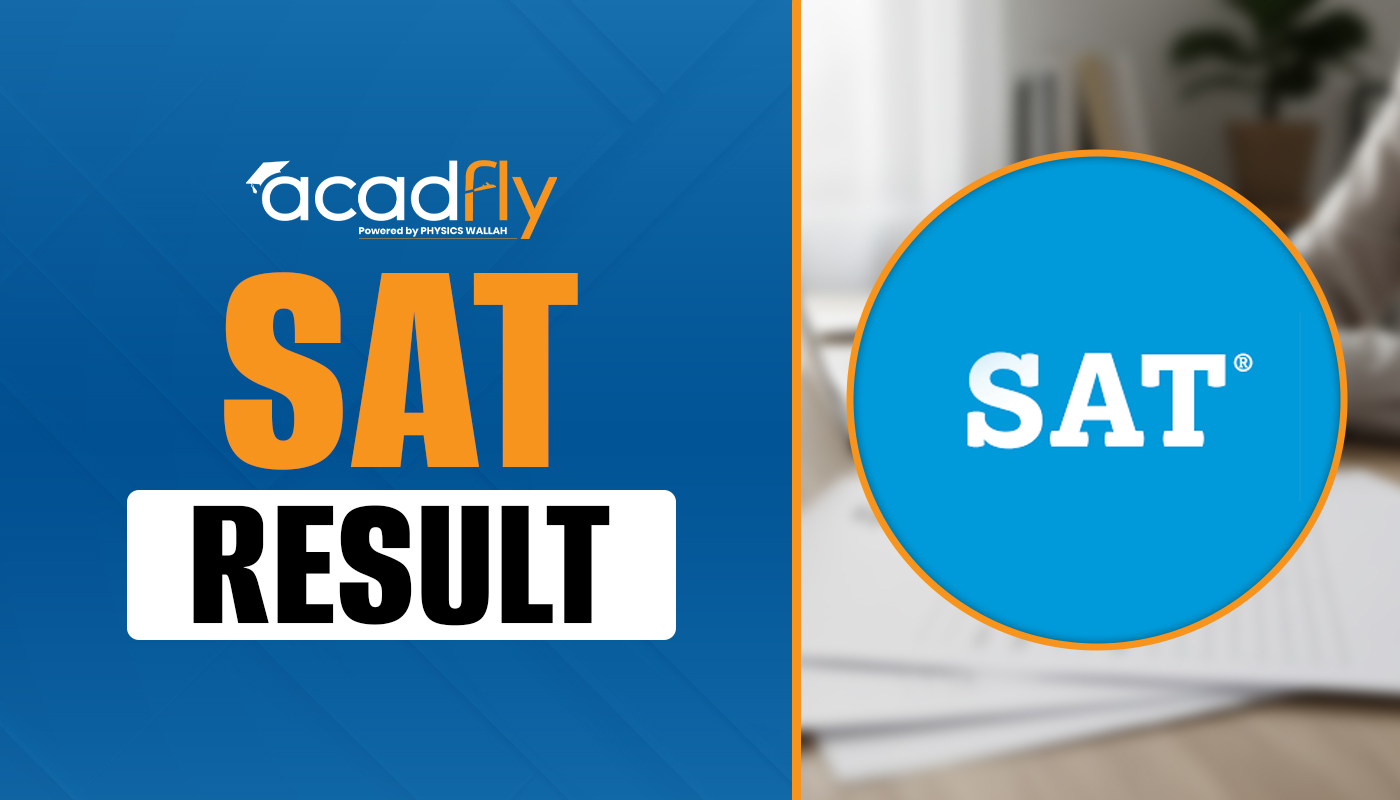
Navigating Ireland’s competitive programs can be a challenging yet rewarding endeavor for prospective students aiming to secure a place in the country’s most prestigious courses. As Ireland continues to grow as a hub for high-quality education, its universities and colleges offer a plethora of high-demand courses that attract applicants from all over the world. Understanding the nuances of these competitive programs, from the most employable degrees to the hardest colleges to get into, is crucial for any student aiming to stand out in their application process.
In this guide, we will explore essential tips and strategies for gaining admission to Ireland’s top programs. By identifying high-demand courses to pursue in Ireland and choosing the best courses to study for career success, you can maximize your prospects and enhance your application. Whether you are targeting the most employable degrees in Ireland or aiming to navigate the rigorous admission processes of the hardest colleges to get into, this guide will provide you with the insider knowledge needed to achieve your academic and professional goals.
Identifying High-Demand Courses to Pursue in Ireland
|
Field |
Description |
High-Demand Courses to Pursue in Ireland |
Best Institutions |
Career Prospects |
|
Information Technology and Computer Science |
Navigating Ireland’s competitive programs in IT and Computer Science is essential due to the tech sector's rapid growth. |
Computer Science, Software Engineering, Cybersecurity |
Trinity College Dublin, University College Dublin |
High employability in multinational companies, start-ups, and research institutions. |
|
Business and Finance |
Business and Finance programs are highly competitive and provide strong career benefits. |
Business Administration, Finance, International Business |
University College Dublin (Smurfit Business School), Trinity Business School |
Excellent job prospects in banking, consulting, and corporate management. |
|
Engineering |
Engineering programs are crucial, offering a variety of disciplines that meet modern industry demands. |
Mechanical Engineering, Electrical Engineering, Biomedical Engineering |
University of Limerick, Dublin Institute of Technology |
Strong career opportunities in manufacturing, energy, and healthcare sectors. |
|
Health and Medicine |
Health and Medicine courses are among the most competitive, preparing students for vital healthcare roles. |
Medicine, Nursing, Pharmacy |
Royal College of Surgeons in Ireland (RCSI), University College Cork |
High demand for healthcare professionals, ensuring excellent job prospects within Ireland’s robust healthcare system. |
|
Pharmaceutical and Biotechnology |
Programs in this sector offer promising careers due to their relevance in healthcare and innovation. |
Biotechnology, Pharmaceutical Sciences, Biomedical Sciences |
University College Cork, National University of Ireland, Galway |
High employability in pharmaceutical companies, research institutions, and biotech firms. |
|
Humanities and Social Sciences |
Humanities and Social Sciences programs attract students due to their broad applicability and critical thinking skills development. |
Law, Psychology, International Relations |
Trinity College Dublin, University College Dublin |
Diverse career paths in law, government, non-profits, and the private sector. |
Maximizing Your Prospects with the Most Employable Degrees in Ireland
Navigating Ireland’s competitive programs is essential for maximizing your career prospects. Selecting high-demand courses to pursue in Ireland ensures that you receive a quality education that aligns with industry needs and enhances your employability. Degrees in fields such as Information Technology, Business and Finance, Engineering, Health and Medicine, Pharmaceutical and Biotechnology, and Humanities and Social Sciences are particularly sought after. Institutions like Trinity College Dublin, University College Dublin, and the University of Limerick offer rigorous programs that prepare students for successful careers in these areas. By choosing these high-demand courses, you position yourself advantageously in the job market, gaining skills and knowledge that are highly valued by employers.
High-demand courses to pursue in Ireland, such as those in IT and Computer Science, offer graduates numerous opportunities in tech firms and innovative start-ups. Similarly, degrees in Business and Finance open doors to careers in banking, consulting, and corporate management, while Engineering graduates find roles in manufacturing, technology, and healthcare. Health and Medicine programs at prestigious institutions ensure excellent job prospects in Ireland’s robust healthcare system. Courses in Pharmaceutical and Biotechnology fields prepare students for critical roles in research and industry, while Humanities and Social Sciences degrees offer diverse career paths in law, government, and nonprofits. Navigating Ireland’s competitive programs effectively thus not only provides a solid educational foundation but also maximizes your employability and career success.
Understanding the Hardest Colleges to Get Into in Ireland
Understanding the hardest colleges to get into in Ireland involves recognizing institutions with highly competitive admission processes, such as Trinity College Dublin and University College Dublin. These colleges often have rigorous entry requirements and limited spaces, making them more challenging to gain admission to. Factors influencing their selectivity include high academic standards, prestigious programs, and a strong reputation.
Trinity College Dublin
Trinity College Dublin is renowned for its prestigious academic reputation and rigorous admission standards, making it one of the hardest colleges to get into in Ireland. The institution's programs, particularly in fields like Computer Science, Medicine, and Business, attract a large number of highly qualified applicants each year. To gain admission, prospective students must demonstrate exceptional academic achievements, a well-crafted personal statement, and relevant extracurricular activities. The competitive nature of the admissions process reflects the college's high standards and the quality of education it provides.
University College Dublin
University College Dublin is another leading institution known for its competitive entry requirements and high academic standards. The university offers a wide array of top-tier programs, with Business, Engineering, and Health Sciences being particularly sought after. Gaining admission to UCD requires meeting stringent academic criteria, submitting a compelling personal statement, and showcasing relevant work or research experience. The competitive nature of these programs ensures that students receive a high-quality education and are well-prepared for their future careers.
Royal College of Surgeons in Ireland (RCSI)
The Royal College of Surgeons in Ireland (RCSI) is highly regarded for its specialized medical programs, including Medicine and Pharmacy. As one of the hardest colleges to get into, RCSI's admissions process is highly selective. Applicants must present outstanding academic records in science subjects, achieve high test scores, and have relevant healthcare experience. The competitive admission process is a testament to the quality of the education and the professional opportunities available to graduates in the medical and healthcare fields.
University of Limerick
The University of Limerick is well-known for its strong emphasis on engineering and business programs, and it is competitive in its admissions process. Programs such as Engineering, Business Studies, and Biomedical Sciences are particularly sought after. To secure a place at UL, students need to achieve high academic qualifications, submit a detailed and persuasive personal statement, and often demonstrate relevant professional or academic experiences. The competitive nature of these programs reflects the university's commitment to providing high-quality education and preparing students for successful careers.
National University of Ireland, Galway (NUIG)
The National University of Ireland, Galway (NUIG) is noted for its competitive programs and emphasis on research excellence. Courses in Biotechnology, Engineering, and Law are especially competitive, drawing numerous applications from highly qualified candidates. Admission to NUIG requires strong academic performance, a convincing personal statement, and often research or project experience. The rigorous selection process highlights the university's commitment to academic excellence and the preparation of students for diverse and impactful careers.
Dublin City University (DCU)
Dublin City University (DCU) offers a range of high-quality programs and is known for its competitive admissions. High-demand courses such as Computer Science, Communications, and Engineering attract many applicants, making the entry process challenging. To gain admission, students need to demonstrate strong academic performance, submit a compelling personal statement, and provide evidence of relevant extracurricular involvement. The competitive admissions process at DCU underscores the quality of education and the strong career prospects that the university's programs provide.
Insider Tips for Gaining Admission to Prestigious Programs in Ireland
Navigating Ireland’s competitive programs can be a challenging yet rewarding endeavor, particularly when aiming for admission to prestigious institutions. Here are some insider tips to enhance your chances of gaining entry to these highly sought-after programs:
1. Research Thoroughly
Begin by thoroughly researching the specific programs and institutions you are interested in. Understanding the unique features of each program, such as its curriculum, faculty, and research opportunities, will allow you to tailor your application effectively. Institutions like Trinity College Dublin and University College Dublin often look for applicants who demonstrate a clear understanding of what they offer and how it aligns with your academic and career goals.
2. Craft a Strong Personal Statement
Your personal statement is a critical component of your application. Focus on crafting a compelling narrative that highlights your academic achievements, relevant experiences, and why you are drawn to the program. Ensure that your statement is tailored to each institution, demonstrating your knowledge of their specific offerings and how you would contribute to their academic community. A well-written personal statement can set you apart from other candidates and showcase your commitment to the program.
3. Highlight Relevant Experience
Emphasize any relevant academic or professional experiences that align with the program you are applying for. Whether it’s internships, research projects, or relevant coursework, showcasing your practical experience can strengthen your application. For high-demand courses, such as those in Information Technology or Medicine, demonstrating hands-on experience or specific achievements in related fields can significantly boost your prospects.
4. Secure Strong Recommendations
Obtain recommendation letters from individuals who can vouch for your academic abilities, character, and potential. These letters should be written by people who know you well and can provide detailed insights into your strengths and accomplishments. Strong recommendations from respected professionals or academics can enhance your application and provide additional validation of your qualifications.
5. Prepare for Interviews and Tests
Some prestigious programs may require interviews or standardized tests as part of the admissions process. Prepare thoroughly for any interviews by practicing responses to common questions and reflecting on your academic and career goals. For programs requiring standardized tests, such as the GMAT or GRE, ensure you are well-prepared and achieve competitive scores. Excelling in these areas can significantly impact your admission chances.
6. Meet Deadlines and Requirements
Adhere strictly to all application deadlines and ensure you meet all the specified requirements for each program. This includes submitting all necessary documents, such as transcripts, test scores, and application forms, on time. Missing deadlines or failing to provide required information can adversely affect your application, so meticulous organization and punctuality are crucial.
Strategies for Standing Out in Applications to High-Demand Irish Courses
Navigating Ireland’s competitive programs, particularly for high-demand courses, requires a strategic approach to make your application stand out. Here are effective strategies to enhance your application and capture the attention of admissions committees:
1. Demonstrate a Clear Fit with the Program
When applying to high-demand Irish courses, such as those in Information Technology or Medicine, it is crucial to show a clear alignment between your goals and the program's offerings. Research each program thoroughly and tailor your application to highlight how your academic interests, career aspirations, and experiences align with what the program offers. Admissions committees value candidates who can articulate a well-defined fit with their specific courses and research opportunities.
2. Showcase Unique Experiences and Achievements
Stand out by showcasing unique experiences and achievements that set you apart from other applicants. This could include significant research projects, innovative internships, or relevant extracurricular activities. For instance, if applying to a competitive business program, emphasize any leadership roles or entrepreneurial ventures you have undertaken. Highlighting such distinctive experiences demonstrates your initiative and passion for the field.
3. Highlight Strong Academic Performance and Relevant Skills
Exceptional academic performance is crucial for gaining admission to high-demand courses. Ensure that your application reflects strong academic records and relevant skills. Provide evidence of high grades in pertinent subjects, standardized test scores, and any specialized skills that complement your chosen field. For technical programs, proficiency in relevant software or programming languages can be particularly advantageous.
4. Craft an Exceptional Personal Statement
Your personal statement is a key element of your application and should be crafted with care. Focus on creating a compelling narrative that not only outlines your academic achievements and career goals but also conveys your passion for the field. Use specific examples to illustrate how your experiences have prepared you for the program and how you plan to contribute to the academic community. Tailoring your statement to each program’s unique attributes can further strengthen your application.
5. Secure Strong and Relevant Recommendations
Obtain letters of recommendation from individuals who can provide insightful and specific endorsements of your abilities and potential. Choose recommenders who are familiar with your academic and professional achievements and can speak to your suitability for the high-demand course you are applying for. Strong recommendations from credible sources can significantly bolster your application and validate your qualifications.
6. Prepare for Any Additional Requirements
Some high-demand courses may have additional requirements such as interviews, portfolios, or entrance exams. Prepare thoroughly for these components by practicing interview techniques, compiling a strong portfolio if required, or studying for any relevant exams. Demonstrating preparedness and confidence in these areas can further distinguish you from other applicants.
FAQs on Navigating Ireland’s Competitive Programs: Insider Tips for Admission to Prestigious Courses
1. What are the most competitive programs in Ireland?
-
Medicine, Computer Science, Engineering, and Business are among the most competitive programs, especially at Trinity College Dublin and University College Dublin.
2. How can I improve my chances of admission to a prestigious Irish program?
-
Research thoroughly, tailor your personal statement, showcase unique achievements, and secure strong recommendations.
3. What should I include in my personal statement for a high-demand Irish course?
-
Highlight your academic interests, relevant experiences, career goals, and why you fit the specific program.
4. Are there specific requirements for competitive programs like Medicine or Engineering?
-
Yes, these programs often require high grades, standardized test scores, relevant experience, and sometimes additional assessments.
5. How important are recommendation letters in the application process?
-
Recommendation letters are crucial as they provide external validation of your abilities and suitability for the program.
Frequently Asked Questions









